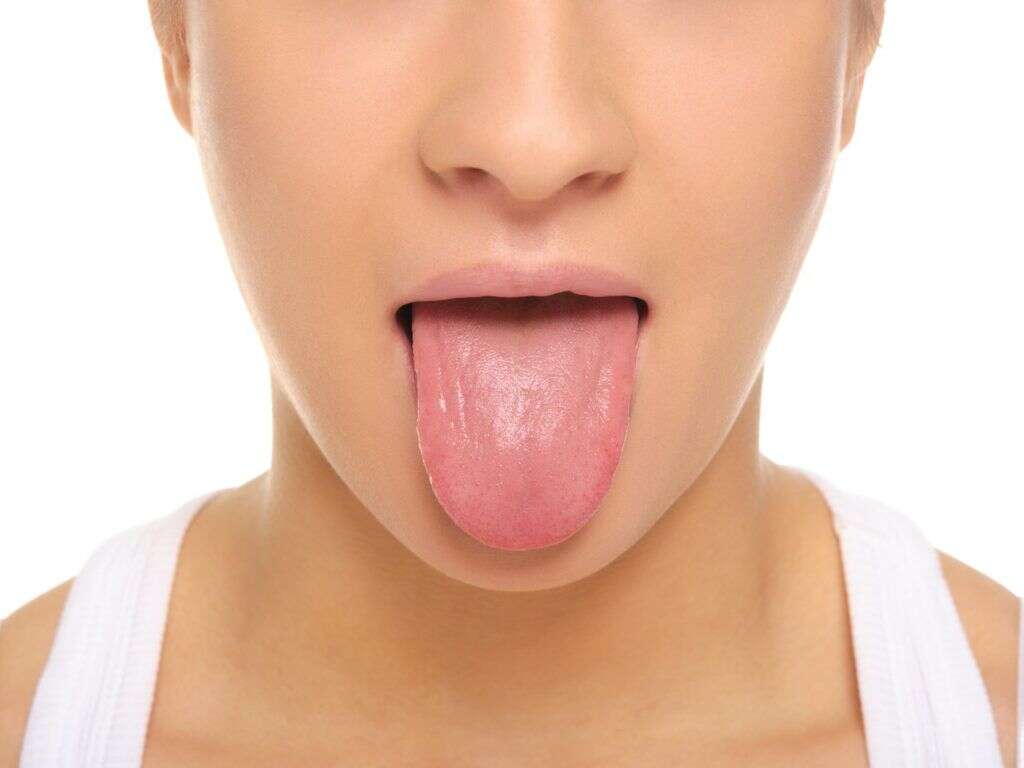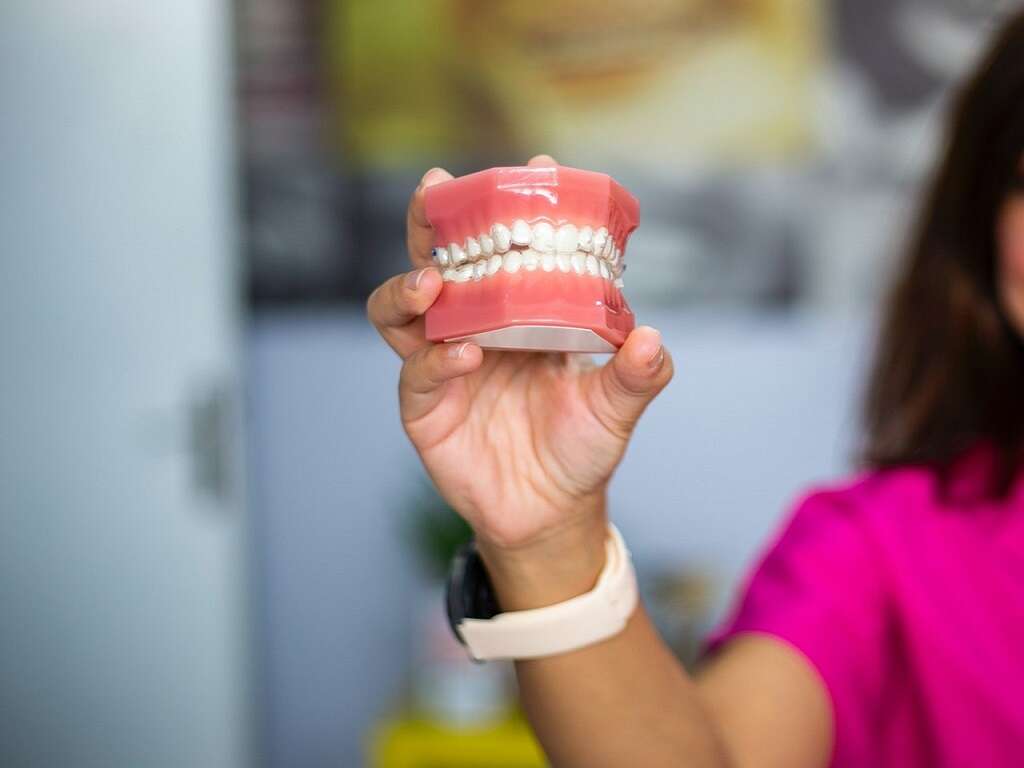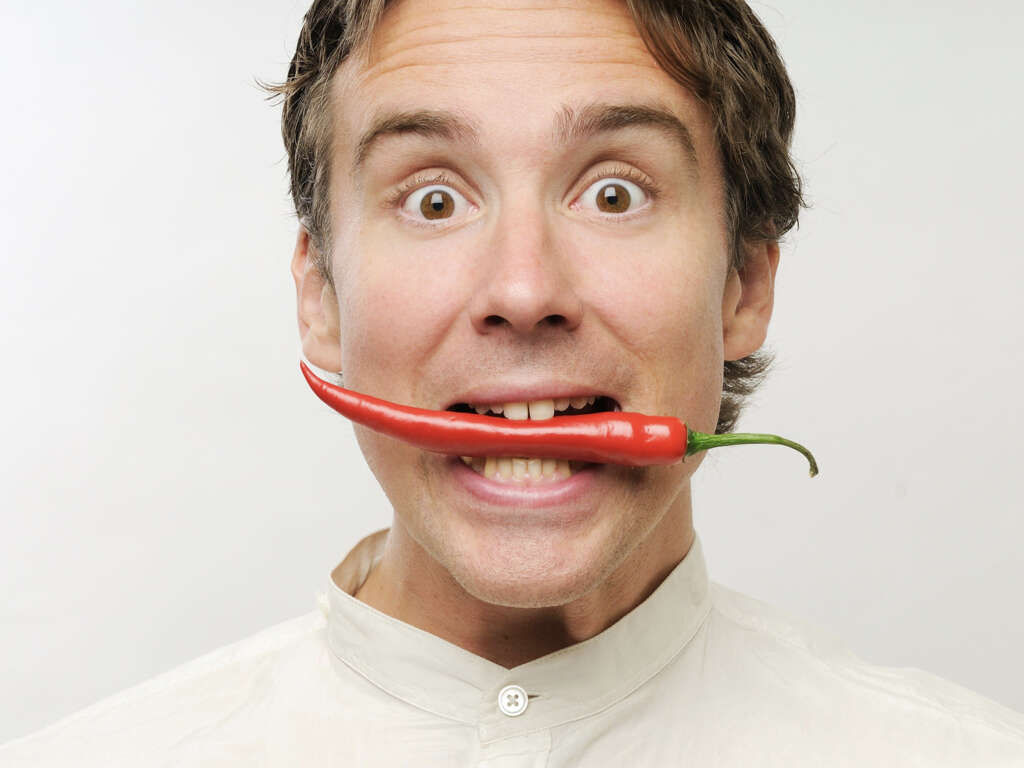Symptoms of Dry Mouth
Saliva is one of those things that people generally want to try and keep clear of. It is often considered to be dirty, and it is if it is spat out, but when it is in the mouth it actually performs some very important functions. We will not usually even notice it is there, but we will soon notice if it somehow disappeared.
We have all experienced a dry mouth sometimes, but a drink of water is often all that’s needed to fix the problem. Fixing the problem is not always this easy, however, as sometimes there might be an underlying medical condition for it.
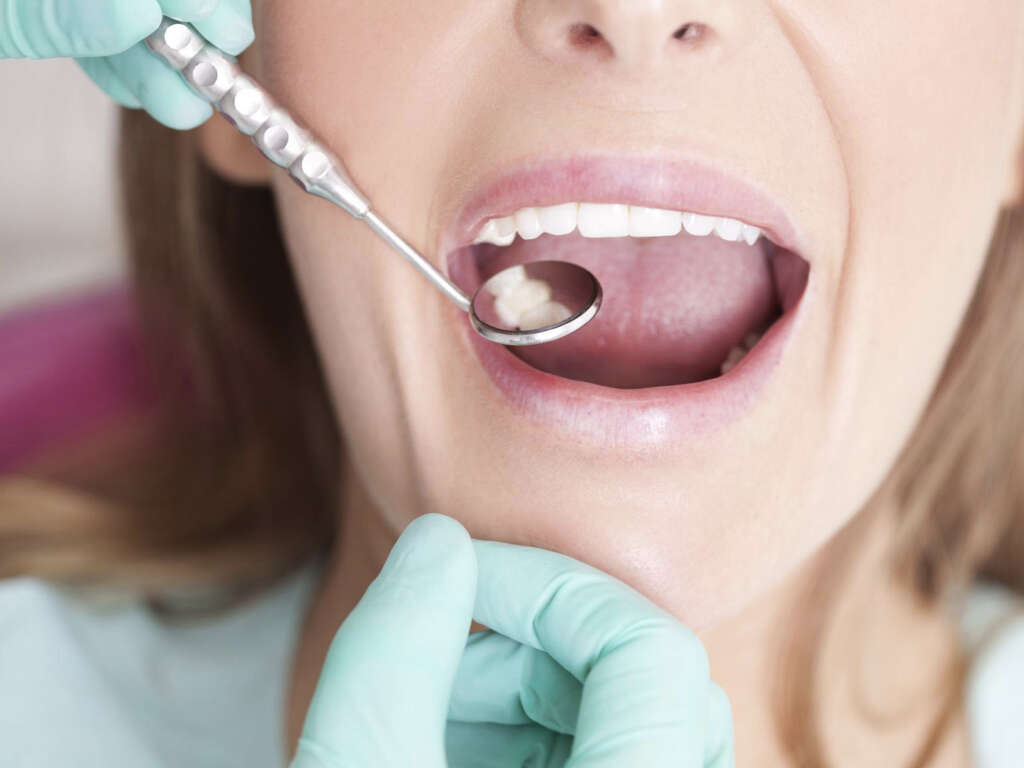
1. Dry, Sticky Mouth
Perhaps the most common symptom of a dry mouth is, you guessed it… a dry mouth. It can be quite an unpleasant feeling and something that most of us are not used to. After all, our mouths are usually kept moist all day, every day, no matter what.
As well as feeling dry, the inside of your mouth will take on an unusual sticky texture as the saliva that is present has less water in it. In addition, your saliva itself will also be a lot ‘thicker’ than it would otherwise be and will also have a sticky texture to it.
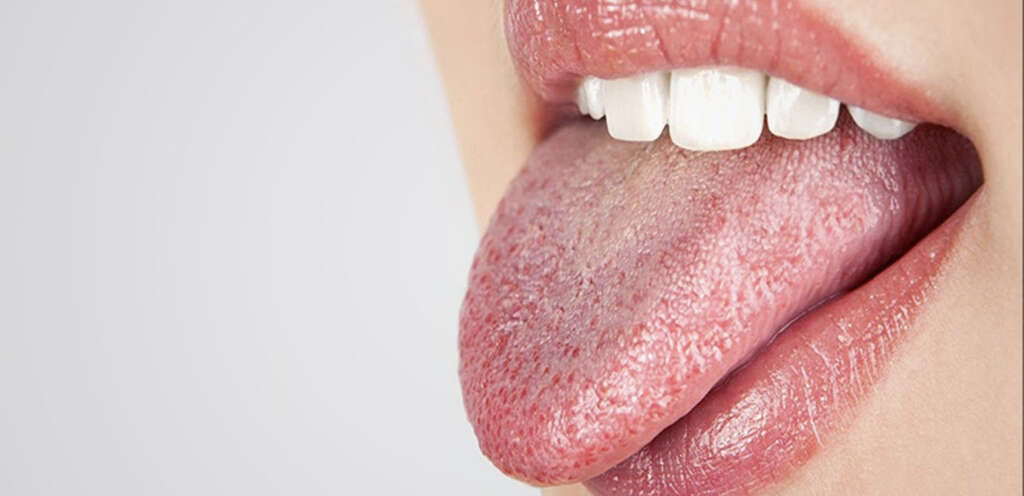
2. Dry Throat
It’s not only our mouth that is moistened by saliva. Our esophagus is also, and this includes at the back of the throat. This can result in an uncomfortable dry sensation at the back of the throat and, depending on the condition, simply having a drink may not be enough to deal with the problem.
In addition to feeling dry, the patient can also find that the back of their throat feels hoarse, and this might affect their voice. In most cases, simply having a drink will be enough to moisten the throat again. If there is an underlying medical cause, however, then simply having a drink is unlikely to suffice.

3. Thirstiness
Thirstiness is an effective method of ensuring that we get the fluids we need. The body starts running low of fluids and we get this overriding urge to have a drink – helping to keep us hydrated. If you are drinking more than usual, however, it could be a sign that something is wrong.
It makes sense that people with a dry mouth will want to take on more fluids to remedy the problem, and this is just what many will do. As a result, the patient is also likely to be urinating more to compensate. Whether or not taking on more fluids remedies the problem depends on the cause.
4. Cracked Lips
Most people have experienced cracked lips when the weather changes. Whether it suddenly becomes a lot colder, or a lot hotter and dryer, our lips can become dry. This causes them to lose their suppleness, and they can begin to crack as a result. The results can be quite painful in some cases.
In instances of a dry mouth, this happens because there is not enough saliva to help keep the lips moist. In addition to dry, cracked lips, some people will also find that the corners of their mouths become cracked. Some patients will also develop sores in and around their mouth.
5. Burning Sensation
The mouth is used to being kept moist so, if it becomes dry, the tissues inside can begin to experience unusual symptoms when not being kept cool. One of these is a burning sensation inside the mouth, and the tongue tends to feel it the most.
When there is not sufficient saliva present then the tongue can also become red and dry. In some cases, grooves will also appear on the surface of the tongue. The burning sensation is known as burning tongue syndrome, and it can be caused by a number of medical conditions, one of which is a dry mouth.

6. Dry Nasal Passages
The mouth and the nose are quite closely connected and, where there is a problem with the mouth, a problem with the nose is often not far behind. Thus, when somebody has a dry mouth, it is not uncommon for them to have dry nasal passages also and this can lead to other symptoms for the patient.
Our nasal passages are usually kept moist and when they dry out, they can become irritated quite easily. This can cause us to sneeze and it can also cause them to become inflamed. The problem of a dry nose should hopefully clear up when the cause of a dry mouth has been dealt with.

7. Sense of Taste Change
The importance of our sense of taste is often overlooked. It helps us to enjoy our food and this is not a good thing just because it makes meal time more enjoyable. It also helps because it encourages us to take on board the nutrients and energy that we need. It also helps us to identify anything that might cause us harm, allowing us to spit it out before swallowing it.
One of the symptoms of a dry mouth is that the patient can experience a change in their sense of taste. Even the foods that they do like are no longer appealing to them as everything seems to taste differently. This can lead to a loss of appetite in some cases.

8. Bad Breath
One of the functions that saliva helps to perform when in the mouth is to help control the population of bacteria. It is very slightly antiseptic and this helps to control the proliferation of bacteria that would otherwise breed on the teeth and elsewhere. These bacteria will produce some foul-smelling gases, and this can lead to bad breath.
With insufficient saliva in the mouth controlling the populations of bacteria, the patient will likely find that their breath gets worse. What’s more is that the increase in bacteria will also increase the chances of other problems like infections and tooth decay. It is something that you should consider speaking with your dentist about.

9. Problems with Dentures
Losing teeth is not much of a problem for a lot of people nowadays. They are relatively easy to replace with modern equipment, and one example of such equipment is dentures. These are devices that fit comfortably into the mouth and they can fit so well that the patient can even forget they are wearing them.
In cases of a dry mouth, however, dentures may not fit as well as they used to. They can become uncomfortable and they can also become loose. This can make life quite a bit harder for the patient as they can struggle to eat and do other things

10. Chewing Difficulties
Our saliva performs an important role in mastication. This involves chewing and the saliva helps to soften the food. It even contains some enzymes that start the process of breaking it down. Without it, our food cannot be moistened and the process of chewing can become a lot harder.
In addition to chewing difficulties, the patient might also find it difficult to swallow their food. The problems don’t stop there because even speaking can become a problem. These problems can have a considerable impact on the patient’s quality of life, so they should encourage the patient to seek professional assistance.





